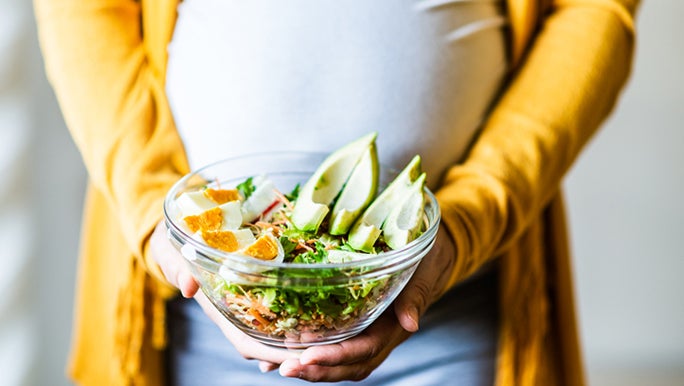Nourishing Fertility: The Vital Role of Nutrition in Conception

CATEGORY: DIETETICS
Nourishing Fertility: The Vital Role of Nutrition in Conception
Sarah Jukes, Accredited Practicing Dietitian
Bringing a new life into the world is a profound and joyous journey, yet many couples face challenges when trying to conceive. While various factors can influence fertility, the importance of nutrition in this process cannot be overstated. The link between what we eat and our reproductive health is a critical aspect of fertility that often goes underestimated. In this article, we will explore the significance of nutrition for fertility and how adopting a well-balanced diet can enhance the chances of conceiving.
The Foundation of Fertility
The journey to parenthood begins with the health of both partners. Nutrition lays the groundwork for optimal reproductive function in both men and women. A diet rich in essential nutrients not only supports overall well-being but also plays a key role in hormonal balance, egg and sperm quality, and the health of the reproductive organs.
Balanced Hormones
Hormones play a pivotal role in the menstrual cycle and fertility. Imbalances can disrupt ovulation in women and reduce sperm production in men. Consuming a balanced diet ensures the body receives the necessary nutrients to regulate hormonal levels. For instance, omega-3 fatty acids found in fish, flaxseeds, and walnuts can contribute to hormone regulation, while vitamin D from sources like sunlight and fortified foods is crucial for hormonal balance.
Optimal Egg and Sperm Quality
The quality of eggs and sperm is crucial for successful fertilisation. Antioxidant-rich foods, such as fruits and vegetables, help protect reproductive cells from oxidative stress, which can damage DNA and impair fertility. Including a variety of colourful fruits and vegetables in the diet provides essential vitamins like vitamin C, E, and beta-carotene, all of which contribute to reproductive health.
Maintaining a Healthy Weight
Both underweight and overweight conditions can negatively impact fertility. Maintaining a healthy weight is essential for regular menstrual cycles in women and optimal sperm production in men. A balanced diet, coupled with regular exercise, can help achieve and maintain a healthy weight, enhancing the chances of conception.
Nutrient-rich Foods for Fertility
Certain nutrients play a crucial role in fertility and incorporating them into the diet can be beneficial for couples trying to conceive.
Folate: Found in leafy greens, citrus fruits, and legumes, folate is vital for foetal development and can reduce the risk of neural tube defects.
Iron: Lean meats, eggs, seafood, lentils, and fortified cereals provide iron, which is essential for preventing anaemia and supporting a healthy pregnancy.
Zinc: Foods like lean meats, shellfish, nuts and seeds are rich in zinc, a mineral crucial for sperm production and overall reproductive health.
Omega-3 Fatty Acids: Oily fish, chia seeds, and linseeds are excellent sources of omega-3 fatty acids, which support hormonal balance and improve sperm and egg quality.
In the quest for parenthood, paying attention to nutrition is a proactive and empowering step. Adopting a well-balanced, nutrient-rich diet is not only beneficial for overall health but also plays a crucial role in enhancing fertility. By recognising the importance of nutrition and working with a dietitian during the journey to parenthood, individuals can embark on a path that not only nourishes their bodies but also sets the stage for the creation of new life.


Leave a Comments
You must be logged in to post a comment.